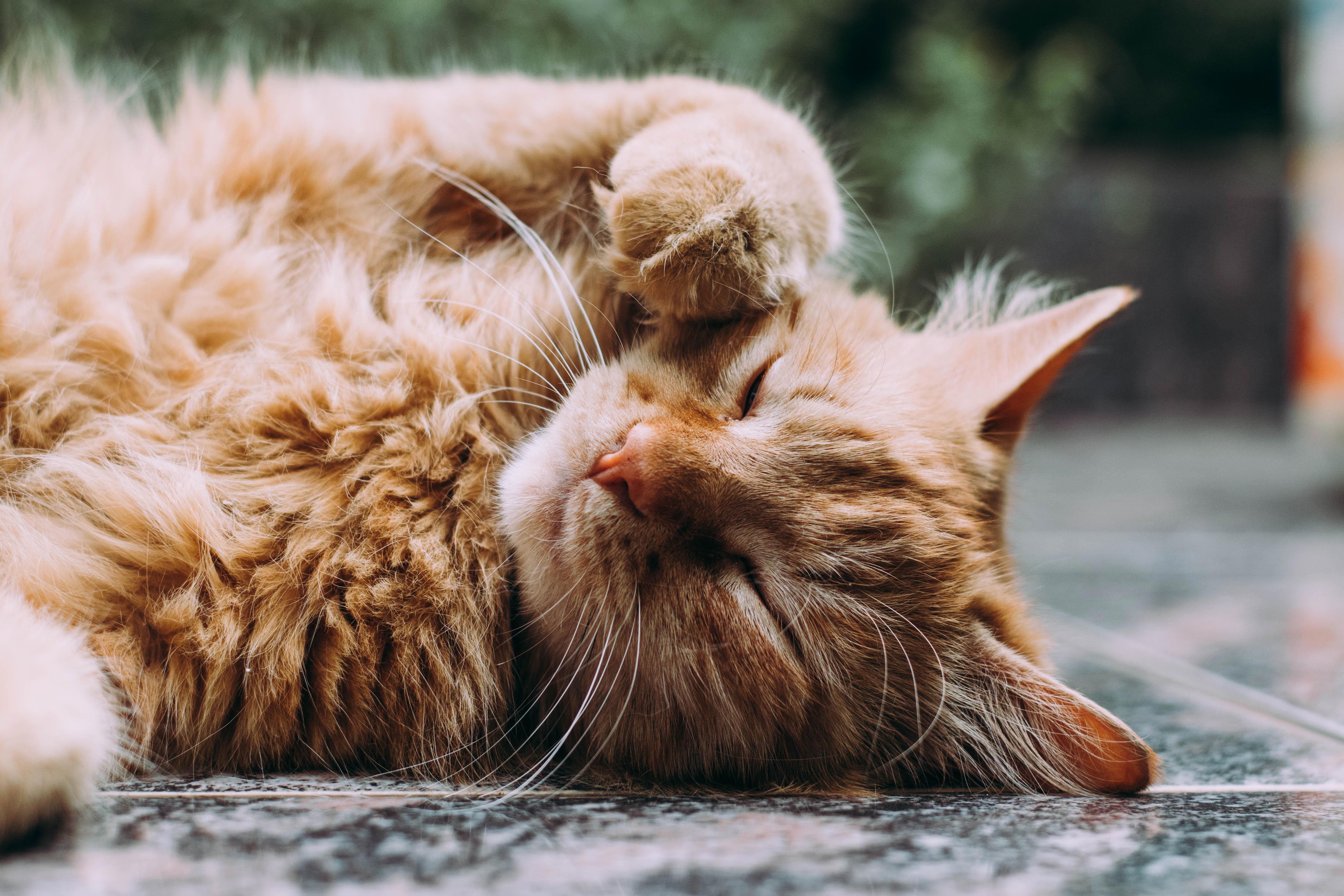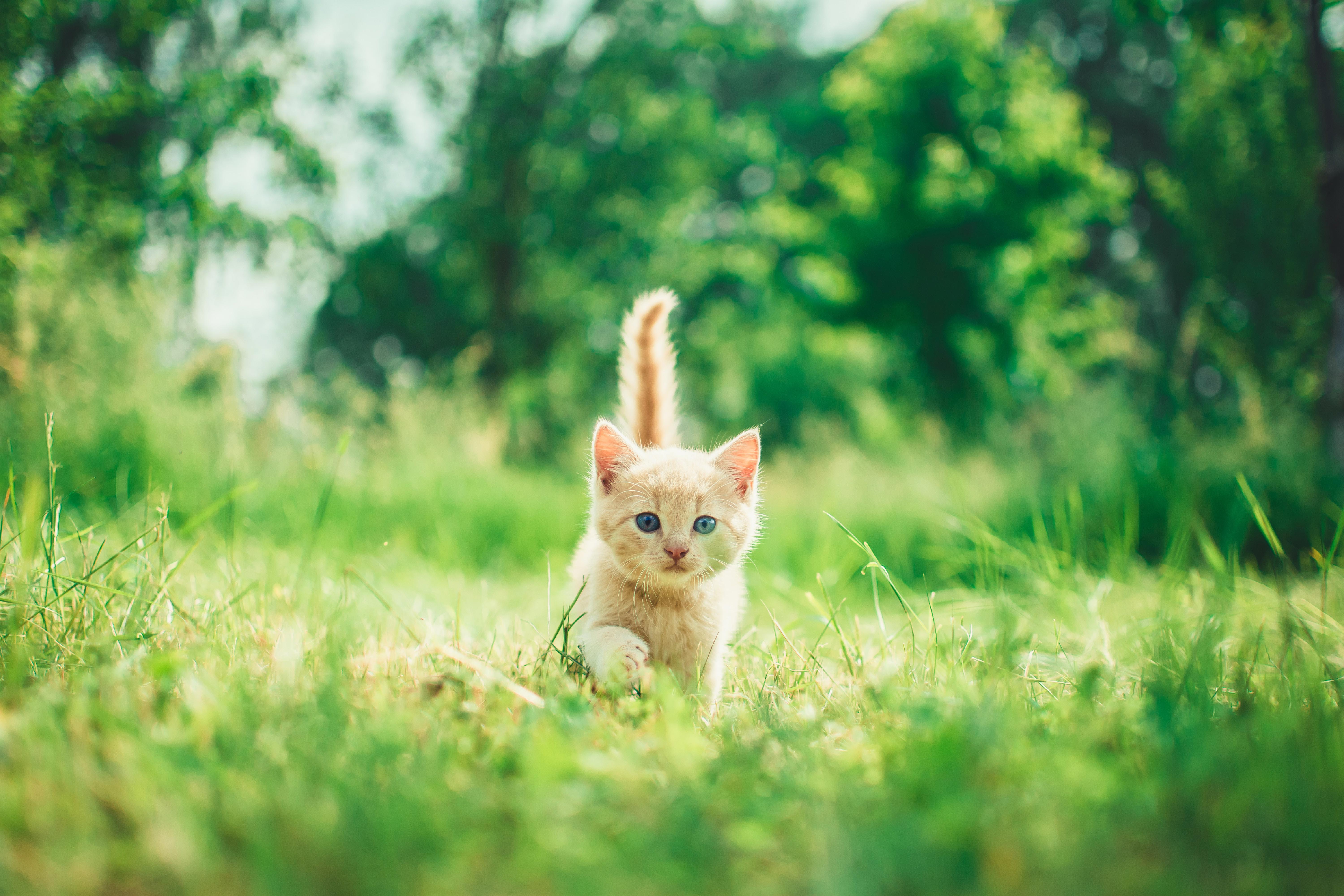If you’re a cat owner, you know that felines are creatures of habit and can get easily stressed when things change. From moving to a new house, to adding a new family member or even a simple change in their routine, these events can cause your furry friend to feel anxious and unsettled. As a responsible pet owner, it’s important to understand and recognize the signs of stress in your cat and take proactive steps to help them cope. In this blog post, we’ll be sharing some helpful tips and tricks to help your feline friend manage their stress and live a happy, healthy life.
Cats are known for their independent and self-sufficient nature, but they are not immune to stress. Stress in cats can manifest in various ways such as aggression, hiding, excessive grooming, and even health problems. As a cat owner, it is your responsibility to help your feline friend cope with stress to ensure their overall well-being. In this blog post, we will share some tips and tricks to help your cat relieve stress.
1. Provide a Stress-Free Environment: The first step to help your cat cope with stress is to provide a stress-free environment. Create a safe and comfortable space for your cat by providing a cozy bed, hiding spots, and scratching posts. Keep the litter box clean and placed in a quiet area to avoid any disturbance.
2. Playtime and Exercise: Exercise is not only essential for the physical health of your cat but also helps in reducing stress levels. Engage your cat in interactive playtime sessions using toys such as feather wands, laser pointers, and catnip toys.
3. Adequate Nutrition: A well-balanced diet is crucial for your cat’s overall health and well-being. Ensure that your cat is getting the right nutrients by feeding them high-quality cat food. Consult with your veterinarian about the right diet for your cat’s specific needs.

4. Routine and Consistency: Cats are creatures of habit and thrive on routine and consistency. Establish a regular feeding, playing, and sleeping schedule for your cat. Maintaining a consistent routine helps reduce stress levels by providing predictability and stability.
5. Calming Products: There are several calming products available in the market that can help reduce stress in cats. These include pheromone sprays, diffusers, and collars that release calming scents to help your cat relax. Herbal supplements and prescription medication are also available for cats with severe stress.
6. Human Interaction: Cats are social animals and need human interaction to help them cope with stress. Spend quality time with your cat, pet them, and talk to them in a soothing tone to help reduce their stress levels.
7. Professional Help: If your cat’s stress levels are severe and persistent, it’s essential to seek professional help. A veterinarian or animal behaviorist can help identify the root cause of your cat’s stress and provide the right treatment plan.
In conclusion, stress in cats is a common issue that can have adverse effects on their overall health and well-being. As a cat owner, it’s your responsibility to provide a stress-free environment, engage your cat in playtime and exercise, ensure they have adequate nutrition, establish a routine, and provide human interaction. Calming products and professional help are also available for cats with severe stress. By implementing these tips and tricks, you can help your feline friend cope with stress and lead a happy and healthy life.
In conclusion, being aware of your cat’s behavior and taking steps to reduce their stress can greatly improve their overall well-being. Remember to create a safe and comfortable environment for your feline friend, provide regular exercise and playtime, and consider incorporating calming techniques such as pheromone sprays or music therapy. With patience and consistency, you can help your cat cope with stress and lead a happy, healthy life. So, take the time to understand your cat’s needs, and you’ll be rewarded with a happy and stress-free feline friend.







